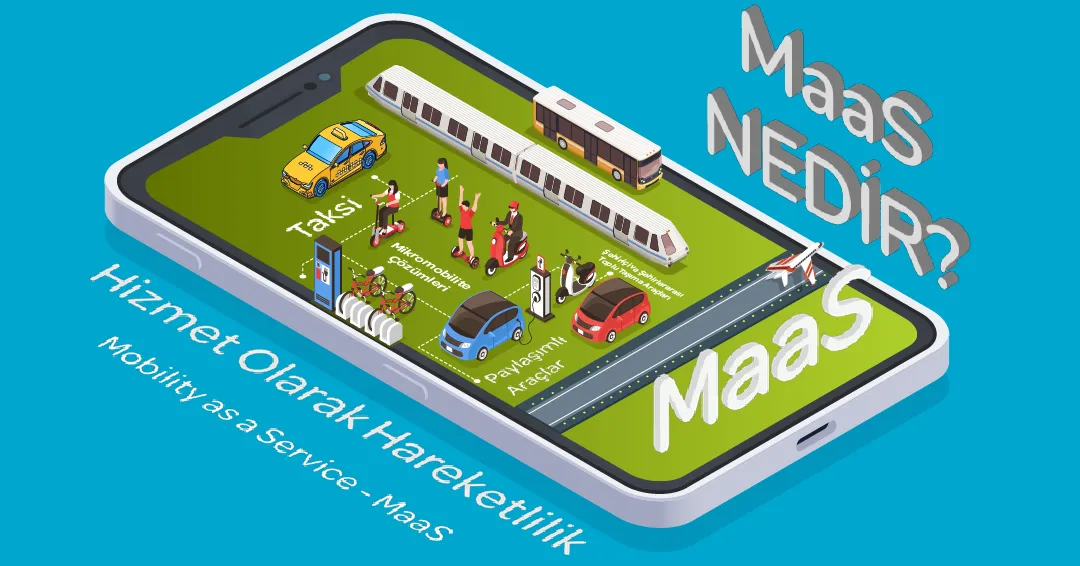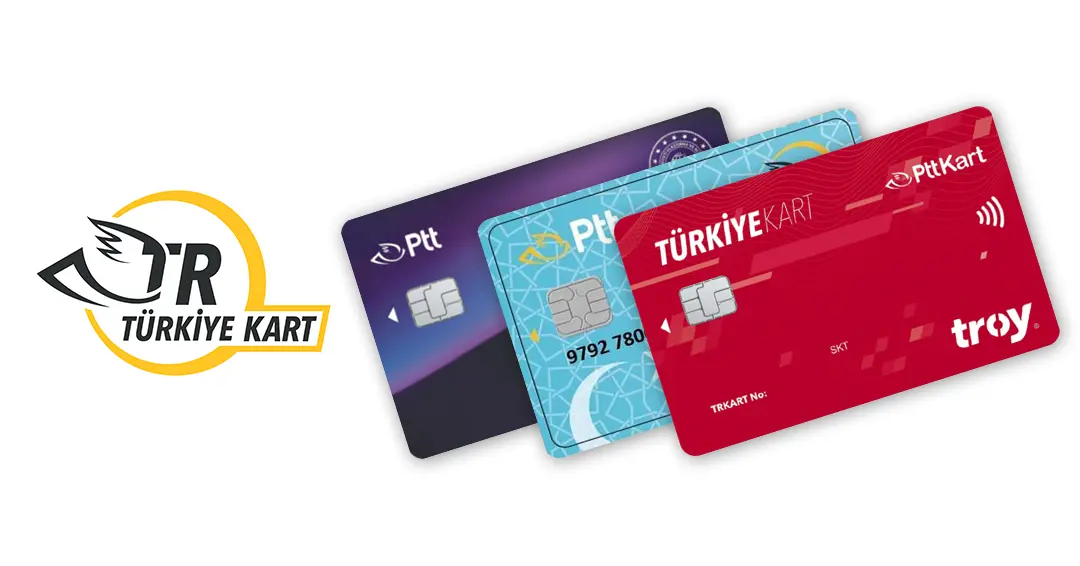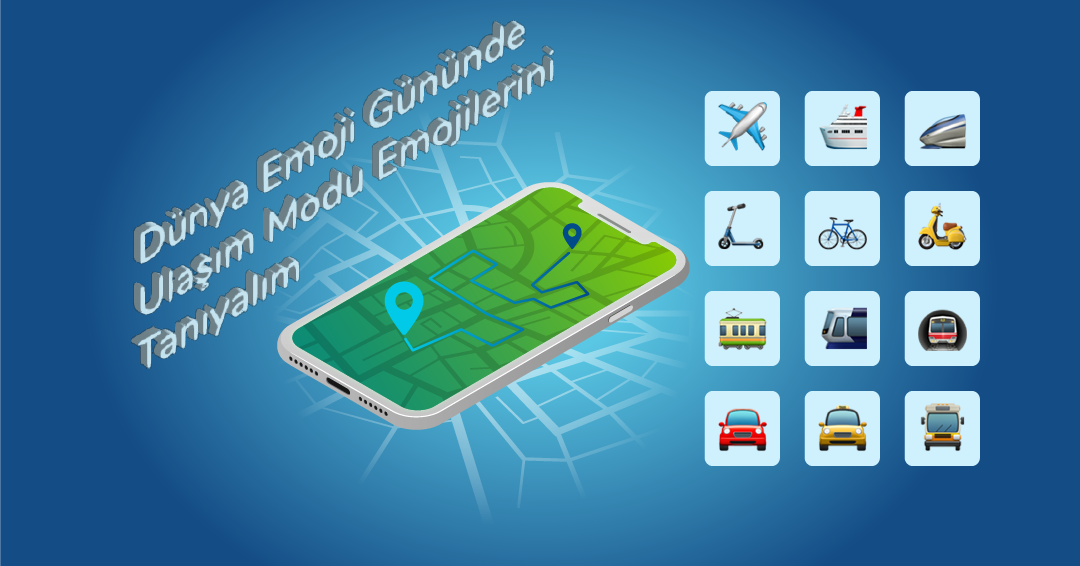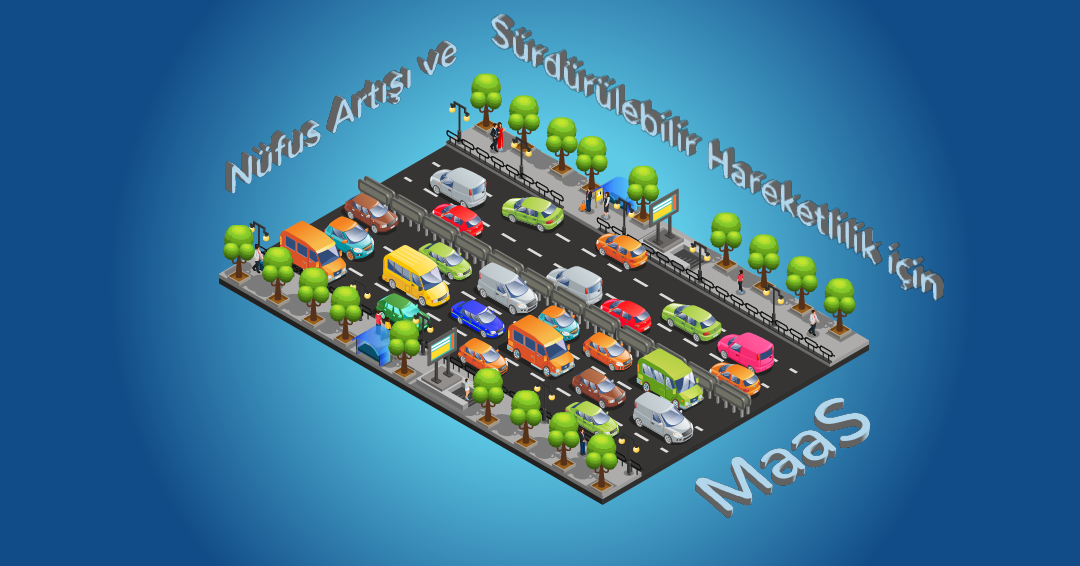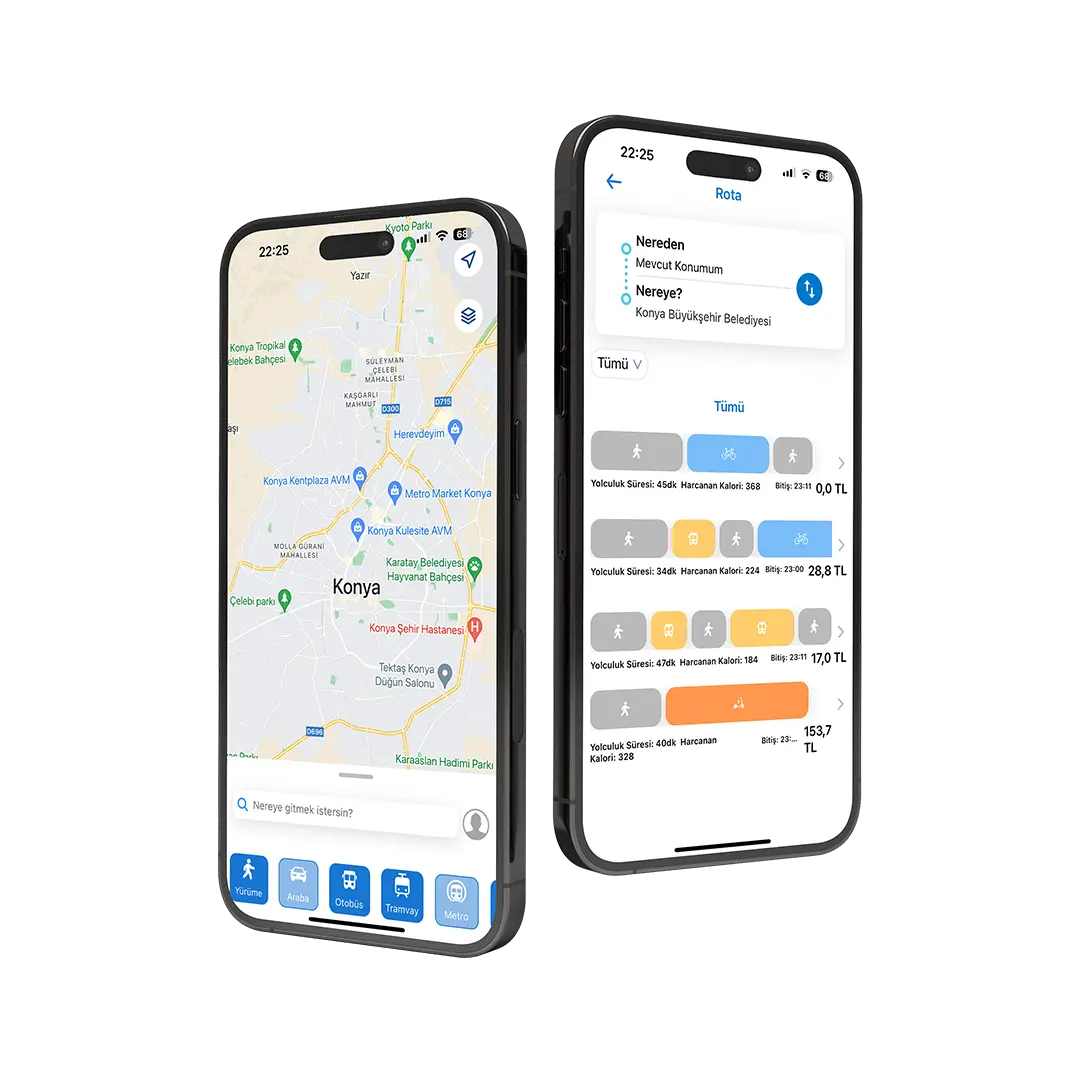Mobility as a Service (MaaS), or its Turkish expression Hizmet Olarak Hareketlilik, refers to the concept of integrating various transportation modes such as public transportation systems, shared vehicles, micromobility tools like bicycles and scooters, and taxis or minibuses. This approach aims to meet users' transportation needs through a single platform.
MaaS aims to provide users with various transportation modes in a user-prioritized manner, with the goal of creating a more efficient and sustainable mobility system. Users can easily find and use transportation modes and route options that vary based on their needs. One of the core propositions of MaaS is transitioning from a private vehicle ownership model to mobility access. By offering a user-focused and demand-based transportation service, MaaS creates a more efficient and sustainable mobility system. In other words, MaaS seeks to reduce the need for private vehicles and, consequently, decrease private vehicle ownership. This aspect of MaaS helps users avoid costs related to purchasing, maintaining, and repairing vehicles.
MaaS applications provide services through platforms such as mobile apps and websites. These platforms allow users to explore various transportation options, make reservations, and process payments to meet their transportation needs. Users can select the most suitable transportation mode and route option based on their needs, thereby reducing their transportation costs.
MaaS can help reduce traffic congestion in cities, decrease energy consumption, and minimize negative environmental impacts such as carbon emissions. Additionally, by encouraging users to opt for public transportation, MaaS can regulate city traffic flow and contribute to making urban areas more livable.
MaaS is becoming popular worldwide and is being implemented in many cities. In Europe and North America, there are several examples of MaaS applications that serve a large number of users and continue to grow rapidly.
In conclusion, Mobility as a Service (MaaS) is a concept where all transportation modes are integrated and users find the most suitable option based on their needs. MaaS applications help meet users' transportation needs while also creating a more efficient, sustainable, and environmentally friendly transportation system, contributing to the transformation and development of the transportation sector.

